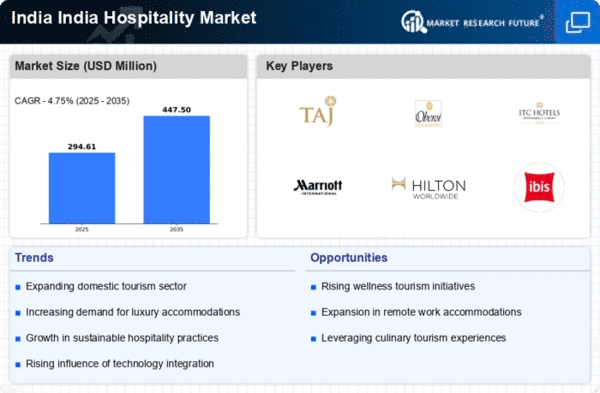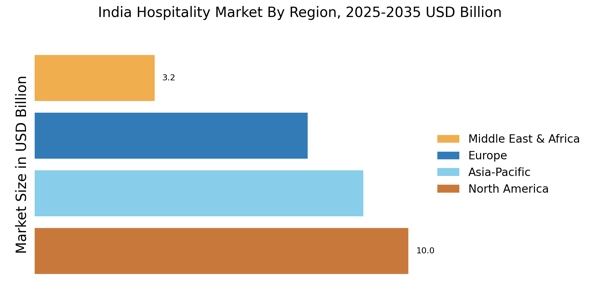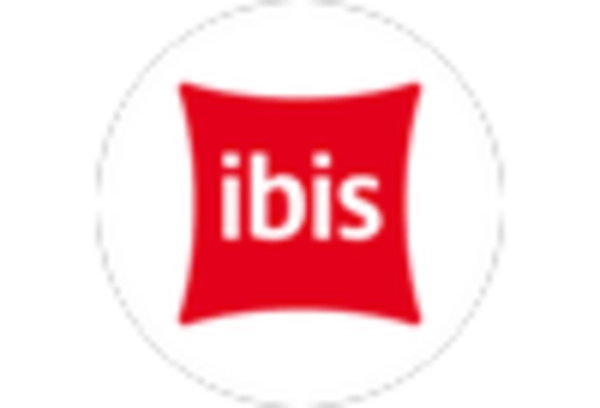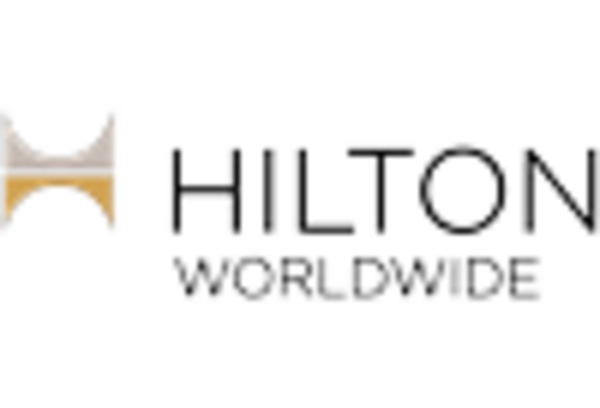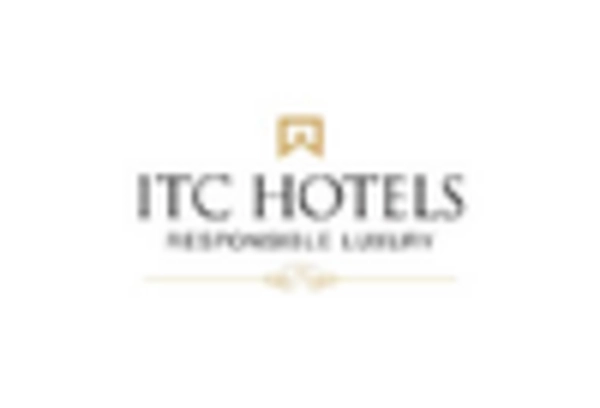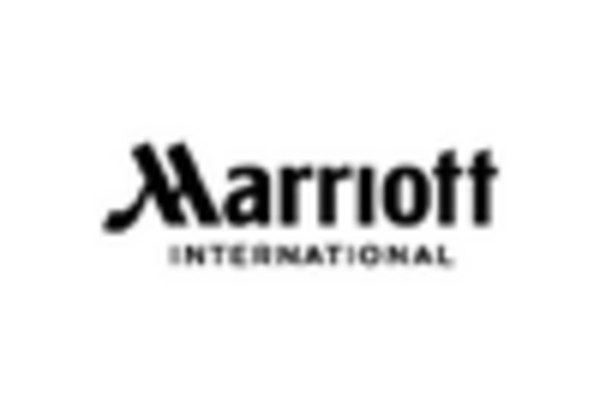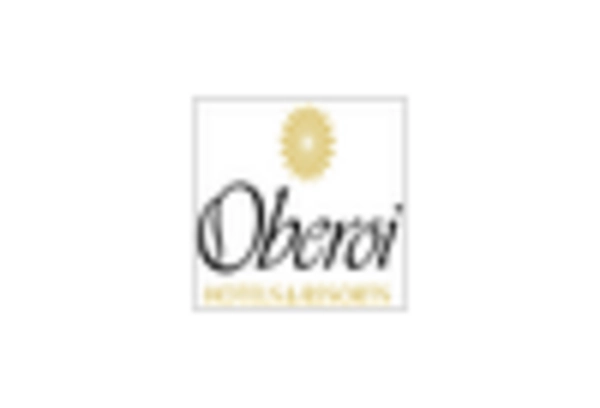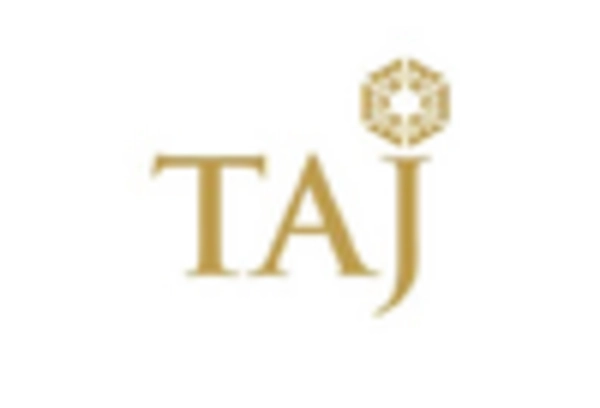Growth of Business Travel
The India Hospitality Market is experiencing a notable surge in business travel, driven by the country's expanding economy and increasing foreign investments. In 2025, business travel expenditure in India reached approximately USD 30 billion, reflecting a robust demand for hotels and accommodations catering to corporate clients. Major cities like Mumbai, Delhi, and Bengaluru are witnessing a proliferation of business hotels, equipped with modern amenities and conference facilities. This trend is likely to continue, as multinational corporations establish their presence in India, further propelling the hospitality sector. The growth of business travel not only enhances occupancy rates but also encourages the development of ancillary services, such as event management and catering, thereby enriching the overall hospitality landscape.
Emergence of Experiential Travel
The India Hospitality Market is increasingly influenced by the rise of experiential travel, where tourists seek unique and immersive experiences rather than traditional sightseeing. This trend is particularly evident among millennials and Gen Z travelers, who prioritize authenticity and cultural engagement. In 2025, approximately 60% of travelers in India expressed a preference for experiential offerings, such as culinary tours, adventure activities, and local cultural experiences. As a result, hotels and resorts are adapting their services to include personalized experiences, thereby enhancing guest satisfaction and loyalty. This shift not only diversifies the hospitality offerings but also stimulates local economies by promoting regional attractions and activities, ultimately contributing to the growth of the India Hospitality Market.
Government Initiatives and Policies
The India Hospitality Market is significantly shaped by various government initiatives aimed at promoting tourism and enhancing infrastructure. The 'Incredible India' campaign, launched by the Ministry of Tourism, has successfully attracted both domestic and international tourists, leading to a substantial increase in hotel occupancy rates. In 2025, the government announced plans to invest USD 10 billion in upgrading tourism infrastructure, including the development of new hotels and resorts across key tourist destinations. Additionally, policies such as the e-Visa scheme have simplified travel procedures, further boosting tourist arrivals. These initiatives not only foster growth in the hospitality sector but also create job opportunities, thereby contributing to the overall economic development of the country.
Technological Advancements in Hospitality
The India Hospitality Market is witnessing a transformative phase due to rapid technological advancements. The integration of digital solutions, such as mobile check-ins, contactless payments, and AI-driven customer service, is reshaping guest experiences. In 2025, it is estimated that over 70% of hotels in India have adopted some form of technology to enhance operational efficiency and guest satisfaction. This trend is particularly relevant in urban areas, where tech-savvy travelers expect seamless and personalized services. Furthermore, the rise of online travel agencies and review platforms has compelled hotels to maintain high standards of service and transparency. As technology continues to evolve, it is likely to play a pivotal role in driving innovation and competitiveness within the India Hospitality Market.
Focus on Sustainability and Eco-Friendly Practices
The India Hospitality Market is increasingly prioritizing sustainability and eco-friendly practices in response to growing environmental concerns. In 2025, a survey indicated that nearly 50% of travelers in India prefer accommodations that implement sustainable practices, such as waste reduction, energy efficiency, and sourcing local products. Hotels are adopting green certifications and implementing initiatives like solar energy usage and water conservation measures to attract environmentally conscious guests. This focus on sustainability not only enhances brand reputation but also aligns with global trends towards responsible tourism. As the demand for eco-friendly accommodations rises, the India Hospitality Market is likely to see a shift towards more sustainable business models, ultimately contributing to the preservation of India's rich natural and cultural heritage.


